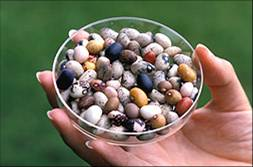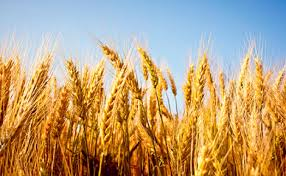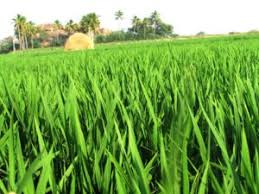Science > Biology > Improvement in Crop variety > Improvement in Crop Variety The plant breeding technique is the combination of desirable and suitable characteristics from many selected crops into a single hybrid crop, then to multiply it and make the hybrid plant available to farmers for cropping. Thus Crop improvement refers to the genetic […]
Improvement in Crop Variety



